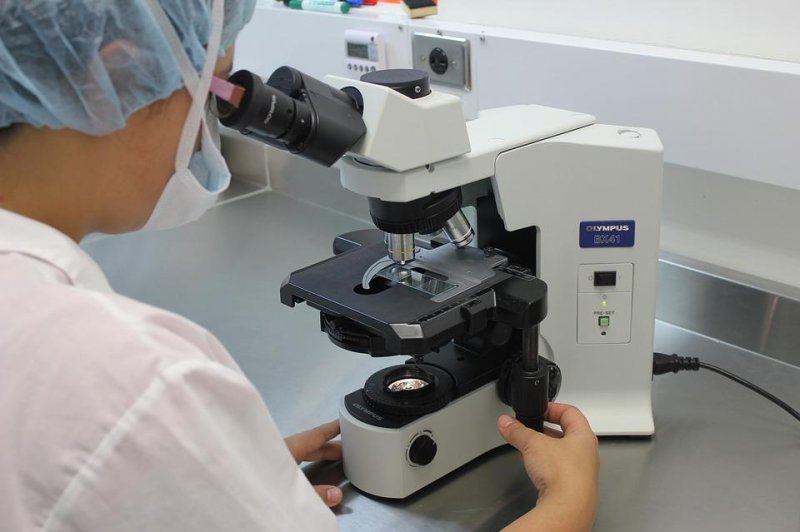Researchers at the University at Buffalo have that when cells age and no longer divide, the fat content in them changes.Photo by
Herney/PixaBay
Jan. 19 (UPI) -- Researchers at the University at Buffalo have found the fat content in cells changes as cells age and no longer divide, changing the way cells produce and break down fat and other molecules called lipids.
"Traditionally, lipids have been thought of as structural components: They store energy and form the membranes of cells," G. Ekin Atilla-Gokcumen, Ph.D., assistant professor of chemistry in UB's College of Arts and Sciences, said in a press release. "Our results add to evidence that lipids may actually play a much more active role in the body, in this case, in the process of replicative senescence, which is linked to cellular aging. This is a new, emerging field of study."
The study, conducted by Atilla-Gokcumen, Omer Gokcumen, Ph.D., assistant professor of biological sciences in UB's College of Arts and Sciences, Darleny Y. Lizardo, Ph.D. candidate in medicinal chemistry and Yen-Lung 'Onta' Lin, Ph.D. candidate in biological sciences, examined the role lipids play in the cellular aging process.
Researchers grew human fibroblast cells in a laboratory setting for four months to induce replicative senescence, the point where cells stop dividing.
Results showed there was a significant accumulation of triacylglycerols in senescent cells. The analysis showed that the lipidome, a group of all lipids in cells, was highly regulated during senescence and the behavior of genes in cells that had stopped dividing had significantly changed.
Lipid-linked genes were more actively expressed while other genes became less actively expressed.
"A lot of research has been done on how proteins contribute to cellular processes such as cellular senescence, but the role of lipids is much less clear," Gokcumen said. "Work in this area had been very limited, and our study provides a huge amount of data about the lipodome and lipid-linked genes that other researchers can use to further understand how lipids are involved in cellular aging."
The findings could eventually lead to the development of lipid-based methods of preventing cell death or the process of speeding up cell death in cancerous tumors.
The study was published in Molecular BioSystems.















